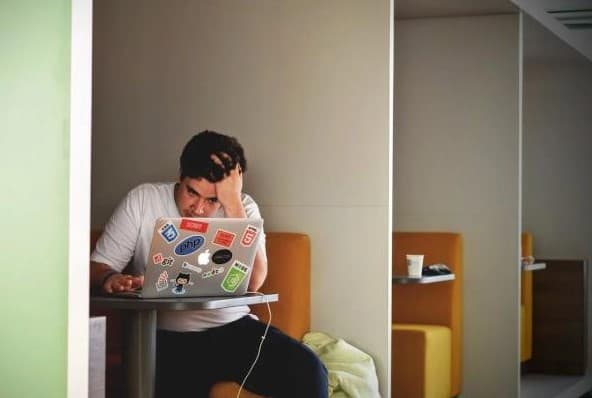Exploring the gender-specific ramifications of unemployment in Ireland is imperative, particularly in understanding the nuanced factors that may disproportionately affect women.From societal norms to economic policies, various dynamics contribute to potential disparities between male and female unemployment rates.
By looking into these complexities, we can gain insights into the unique challenges women face in the Irish job market and identify potential solutions to promote gender equity in employment opportunities as well as redundancy law Ireland.
Gender-Specific Impacts
In Ireland, the ramifications of unemployment are not uniform across genders, with women bearing a disproportionate burden compared to men. While economic downturns and corporate restructuring impact both sexes, women encounter unique challenges that heighten their susceptibility to job loss.
A significant contributing factor is the prevalence of part-time and temporary employment among women, which often lacks the job security and benefits associated with full-time roles commonly occupied by men.
Moreover, women are overrepresented in sectors particularly vulnerable to economic fluctuations, including retail, hospitality, and caregiving. This overrepresentation amplifies their vulnerability to job loss during downturns, as these industries experience heightened instability.
Consequently, women find themselves at a greater disadvantage in the face of unemployment, grappling with a lack of job security and limited access to stable employment opportunities. Addressing these gender-specific challenges is crucial for creating greater equity in the Irish job market and ensuring that women have equal opportunities for economic stability and advancement.
Policy and Societal Factors
When we look at the unemployment disparities between genders, societal norms and policy frameworks play significant roles. Traditional gender roles and societal expectations frequently confine women to specific industries or hinder their career progression, resulting in occupational segregation and diminished earning potential.
Additionally, the burden of caregiving responsibilities, which disproportionately falls on women, can impede their capacity to engage in full-time work or pursue skill development through education and training initiatives. These factors not only perpetuate gender disparities in the workforce but also contribute to women’s vulnerability to unemployment.
Policy interventions are pivotal in addressing these systemic challenges. Initiatives such as parental leave policies and comprehensive childcare support can substantially alleviate the barriers faced by women in maintaining employment or re-entering the workforce following periods of unemployment or caregiving.
By implementing policies that promote gender equality and support women’s participation in the labour market, societies can foster greater inclusivity, economic stability, and prosperity for all members.
Potential Solutions and Interventions
To effectively address the gender disparities in unemployment, it is essential to adopt a comprehensive strategy that targets systemic barriers and individual-level factors. Policy interventions are crucial in this regard, with measures aimed at promoting gender equality in the workplace playing a central role.
Implementing policies such as pay transparency initiatives, affirmative action programs, and flexible work arrangements can help mitigate the adverse effects of unemployment on women by fostering a more equitable and inclusive work environment.
Furthermore, investing in education and training programs tailored specifically to women’s needs and priorities is vital. By providing access to skill development opportunities and vocational training, these programs can empower women to enhance their qualifications and increase their employability.
Equipped with valuable skills and competencies, women can better position themselves to secure higher-paying and more stable job opportunities, thereby reducing their vulnerability to unemployment.
Moreover, initiatives that support women entrepreneurs and promote female leadership in business can also contribute to addressing gender disparities in unemployment. By fostering entrepreneurship and leadership opportunities for women, societies can create additional avenues for economic empowerment and career advancement, ultimately helping to narrow the gender gap in unemployment and promote greater gender equality in the workforce.
Gender Disparities in Unemployment in Ireland…
The gender disparities in unemployment in Ireland are influenced by a combination of societal norms, economic factors, and policy decisions. By acknowledging and addressing these disparities, we can work towards creating a more equitable job market where all individuals, regardless of gender, have equal opportunities for meaningful employment and economic security.
Understanding the gender-specific dynamics of unemployment in Ireland is essential for developing targeted interventions and policies aimed at promoting gender equity in the workforce. By addressing the unique challenges faced by women in the job market, we can create a more inclusive and resilient economy that benefits all members of society.









